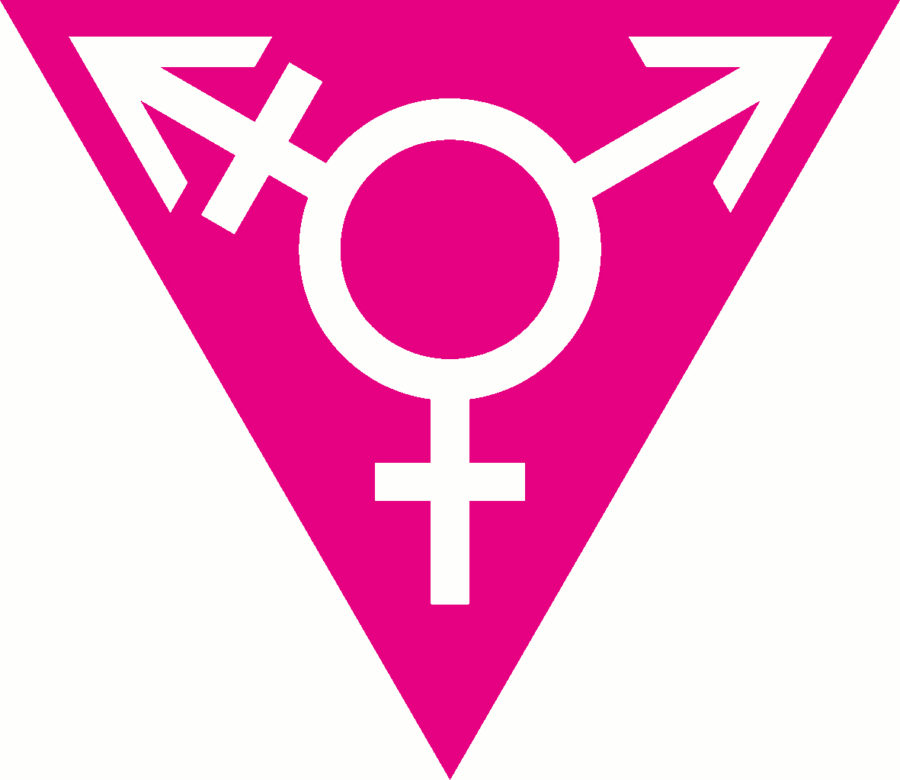Finn: Lack of awareness perpetuates inequality
We as a society need to be more aware of the transgender community to stop the perpetuity of hate and violence.
November 22, 2013
While researching the recent legislative changes that President Obama has enacted regarding the LGBT community, I discovered that though much progress has been made, there is still so much to be done in the name of equality.
I spoke with Nicci Port, co-chairwoman of the Iowa State’s LGBT Faculty and Staff Association, about what her thoughts were regarding President Obama and the changes he is trying to create. It was her responses that evoked in me the desire to see further change and to be one who speaks out.
How many of you knew that Transgender Day of Remembrance was Wednesday, Nov. 20? Until my conversation with Port, I wasn’t even sure what Transgender Day of Remembrance was in the first place. I read through an article Port gave me and did some research to find out a bit more about the significance of this day. After doing a little digging, I found out that this day is in dedication of a young transgender woman, Rita Hester, who was murdered in her Massachusetts home because the gender she chose to identify with wasn’t what others thought it should be.
I was hooked. As I kept reading, I found that last year alone, over 200 people died because of anti-transgender violence. That number shocked and disgusted me. How is this happening, and why does the general public know so little about these tragedies?
We are unaware because transgender issues very rarely come up in national media or in classroom conversations. It is a subject that many sweep under the rug and fail to discuss. For a lot of people, it is a hard concept to wrap their heads around, but I think that is simply because our society is uneducated on the matter. With education comes understanding, and it is important that we begin to educate ourselves about the transgender community.
As of 2011, there were over 70,000 transgender American citizens. That is a significant part of our population that we know little about. Because of our ignorance, transgender individuals are often underrepresented in the government.
I asked Port during our conversation what legislation she would like to see passed for the benefit of the LGBT community.
“Crimes against our community in general, but against the transgender community in particular, can be and should be addressed, admonished, and adjudicated more aggressively,” Port said.
Her response to this question really opened my eyes to the fact that although progress is being made by our government for gay, lesbian and bisexual individuals, the legislation to diminish transgender violence and inequality is lagging behind. It does exist, and the Obama administration is taking steps to improve the lives of transgender individuals, but there is definitely more to be done.
These changes will only occur if society is willing to learn more about the transgender community. Once people have established a better understanding for transgender individuals, and the problems they face, then we can rally around the 70,000 transgender citizens and get our government to listen and continue making the necessary changes.
Change, especially legislative change, is a slow and often painful process, but this is a worthy cause. We can no longer settle for granting equality to a portion of the American people. The transgender community cannot be left behind, and another Transgender Day of Remembrance cannot go unnoticed. It is time to get educated and get active in improving the rights for all people, regardless of which gender they chose to identify with.
For those of you interested in learning more about the challenges that transgender individuals face each day, there are resources here on campus. The LGBT Faculty and Staff Association was great at answering my questions and are a valuable source of information about these issues. Change will only come if we take the time to learn more about the transgender community.







